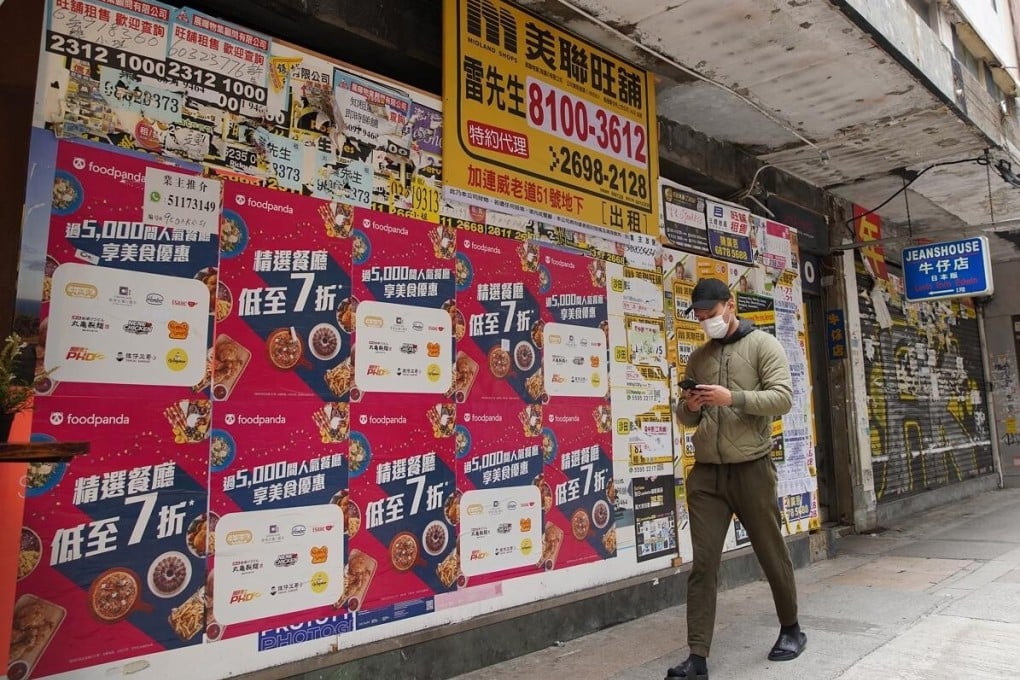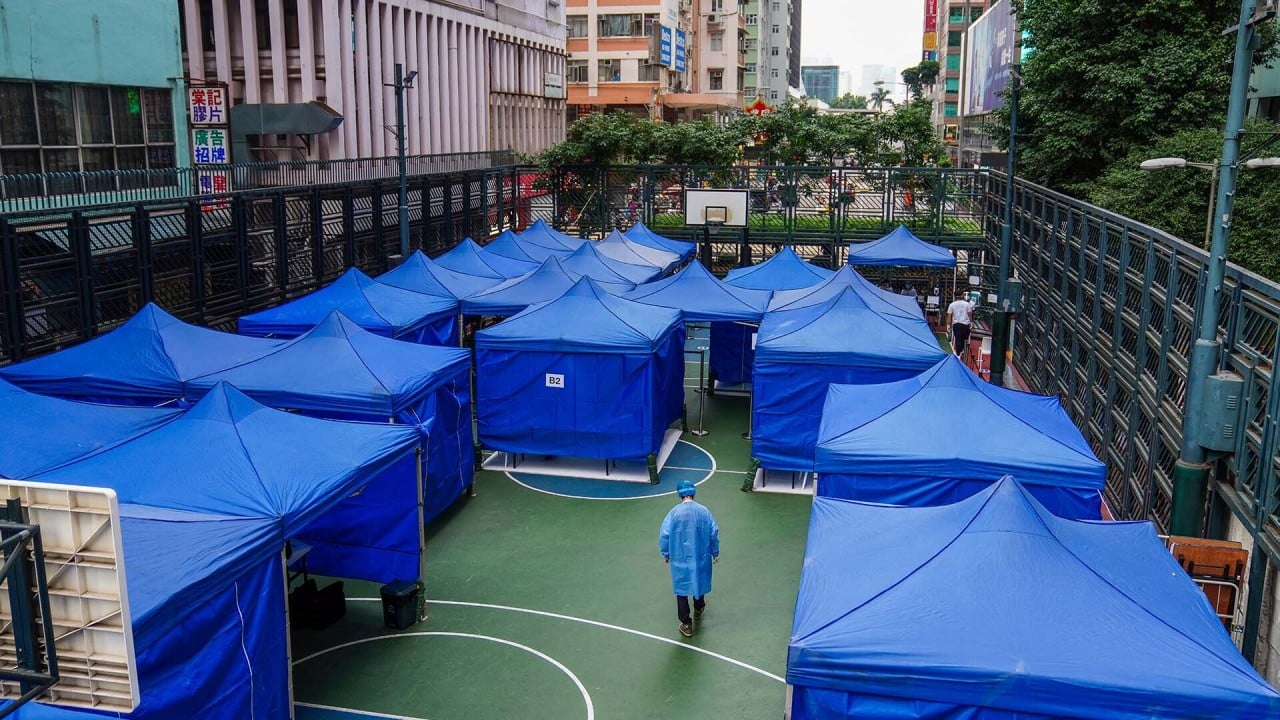Hong Kong shop owners seek higher prices after scrapping of double stamp duty
- Buyers are also more willing to meet sellers at higher price points as cancelled duty lessens financial burden
- Sales of non-residential units rose 30.6 per cent month on month in December

Hong Kong shop owners are more likely to stand firm on asking prices, as they expect investors to flood the market after the city scrapped the double stamp duty for non-residential property, investors and property agents said.
Buyers are also willing to settle at higher price points since their total expense will still be lower than before the duty reverted to its original rates on November 26 last year, said Dennis Cheng Tak-ming, a senior sales director at Ricacorp (CIR) Properties.
“Buyers will think – in the past, I had to pay 4.25 per cent more, or about HK$1 million [US$130,000], for a transaction of HK$40 million. But now, I’m willing to pay an extra HK$500,000 or HK$700,000 for the property,” Cheng said. “They will do this calculation now.”

02:02
Fourth wave of coronavirus cases in Hong Kong prompts tougher Covid-19 measures
Buyers will also be enthusiastic because a typical transaction takes four to six months to complete, and properties sold now will change hands in the second quarter of this year, just in time for a full economic recovery in early 2022, Cheng said. Owners are also using this opportunity to sell shops in less popular areas and to buy those in more profitable ones, and they were not afraid of selling cheap, he added.
